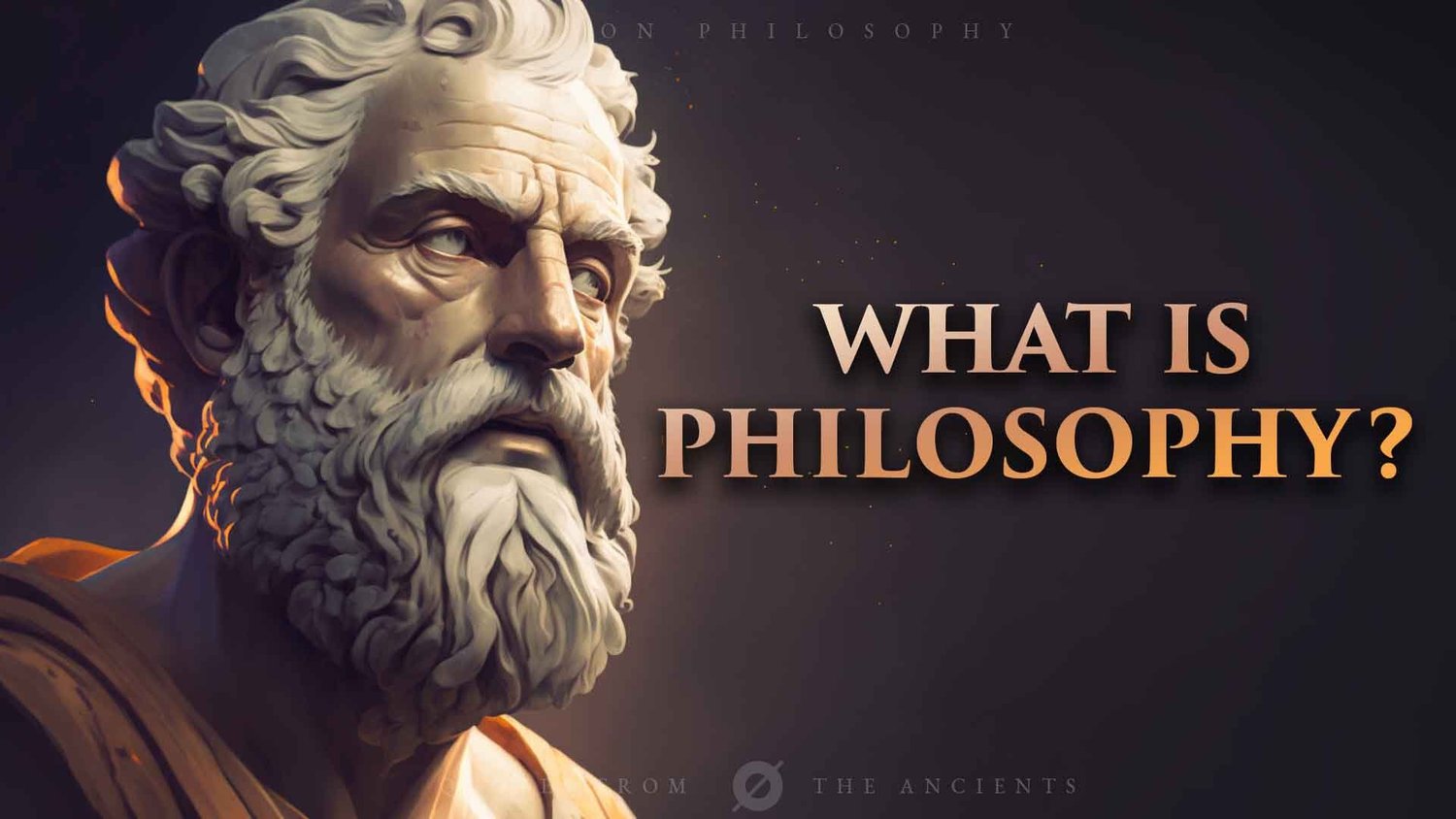In the landscape of spiritual discourse, the Bahá’í teachings emerge as a fertile confluence of philosophical inquiry and spiritual lineage. This modern religion, rooted in the writings of Bahá’u’lláh, encapsulates profound principles that beckon both the curious and the scholarly. The allure of these teachings stems not only from their inherent wisdom but also from a systematic approach that amalgamates spirituality with intellect, eliciting a fascination that transcends mere curiosity.
The philosophical underpinnings of the Bahá’í Faith provide a compelling framework for understanding the nature of existence, the purpose of life, and the intricate interplay between the individual and the collective. Central to this philosophy is the concept of unity. The Bahá’í teachings assert that unity is not a mere ideal but a foundational reality to which all spiritual and social endeavors must aspire. This notion permeates discussions around diversity, emphasizing that the myriad expressions of faith and culture are parts of a greater tapestry rather than isolated threads separated by misunderstanding.
At the heart of Bahá’í philosophy is the synthesis of reason and revelation. This duality invites profound contemplation about the relationship between human intellect and divine guidance. Bahá’ís believe that reason is a gift from God, a tool to explore and understand the universe. Thus, the pursuit of knowledge, whether scientific or philosophical, is not to be seen as antithetical to spirituality; rather, it is an expression of spiritual fulfillment. This reconciliation of faith and reason invites individuals to engage deeply with both intellectual pursuits and spiritual practices, creating a holistic approach to life.
The ideas of progressive revelation fundamentally shape the Bahá’í worldview. This doctrine posits that God has revealed His guidance gradually through a succession of prophets, each bringing teachings that correspond to the needs and capacities of humanity at different historical junctures. Such a perspective not only fosters a sense of continuity in divine guidance but also instills a dynamic understanding of faith. In this light, one observes a history of interrelated religious truths rather than an isolated narrative confined within dogmatic boundaries. Each prophet—Moses, Jesus, Muhammad, and ultimately Bahá’u’lláh—represents a pivotal moment in the evolution of human understanding, enriching our spiritual lineage.
Intriguingly, the synthesis of these teachings has laid the groundwork for a compelling vision of global citizenship. The Bahá’í emphasis on justice and equality is not simply a call to ethical behavior; it serves as a manifesto for the advancement of civilization as a whole. In an era marked by division and polarization, these teachings resonate deeply, positing that societal progress is contingent on the recognition of inherent human dignity and shared responsibility. The profound implications of these principles beckon individuals and societies alike to rethink constructs of power, governance, and community.
Moreover, the intrinsic connection between spirituality and service lies at the core of Bahá’í practice, compelling adherents to engage actively with their communities. The notion of humanitarianism is elevated to a spiritual endeavor, where acts of service are seen as forms of worship. This perspective not only elevates the concept of service but also cultivates a broader understanding of one’s role as a steward of both spiritual and social evolution. Individual transformation is inextricably linked to collective transformation; thus, the spiritual journey is rendered communal.
Continuing this thread of thought, the Bahá’í approach to education emphasizes the transformative power of learning as a vehicle for personal and communal growth. Education is viewed as a spiritual imperative, essential not only for intellectual development but for the cultivation of moral and ethical virtues. This holistic approach to education seeks to nurture not only the mind but also the heart, fostering a generation capable of engaging with the complexities of modernity while adhering to fundamental spiritual principles.
The teachings of Bahá’u’lláh address the fundamental questions of human existence, alluding to the intricate tapestry of the human condition. Themes such as love, forgiveness, and spirituality are interwoven with philosophical inquiries, establishing a rich dialogue between the spiritual and the mundane. The emphasis on these virtues cultivates a spiritual ethos that resonates with those seeking depth in the midst of superficial distractions that characterize contemporary society.
In addressing the profound longing for connection and understanding, the Bahá’í Faith offers a pathway that is both intellectually robust and spiritually enriching. The teachings challenge individuals to transcend self-interest, urging an embrace of universal brotherhood that lays the groundwork for lasting peace and harmony. Such an approach fosters not only interpersonal relationships but also fosters a sense of belonging to a larger, interconnected human family.
As the global community grapples with multifaceted challenges, the allure of Bahá’í teachings becomes increasingly poignant. They offer a comprehensive philosophical framework, rooted in an enduring spiritual lineage, that speaks to the complexities of human experience. The invitation to contemplate unity, justice, and service resonates with those captivated by the intersection of intellect and spirituality. The call to recognize the divine in every individual and the potential for humanity as a whole galvanizes both personal and collective transformation, rendering the teachings of the Bahá’í Faith both timeless and urgently relevant.
